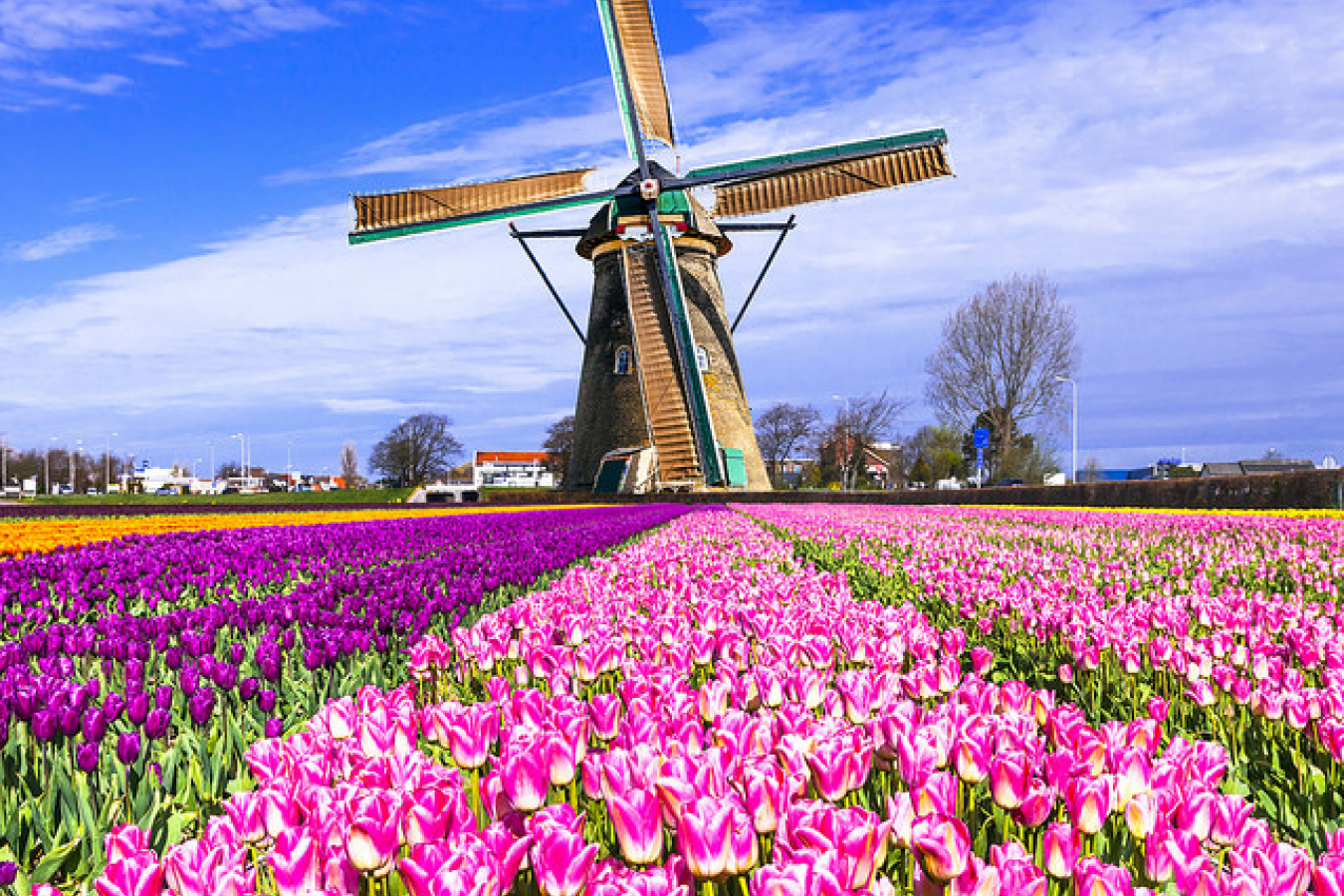Support migrant centric journalism today and donate

Ukraine authorities, anxious to boost their national tourism sector, abolished visa requirements for nationals of the European Union, Canada, Japan, Switzerland and the United States earlier this year.
It seems to have worked. Ukrainian officials say the results so far have been promising: between April and June, the number of visiting EU nationals alone increased by 63 percent, to more than 1.6 million people.
Vito Gandolfo has come to Ukraine on business from his native Italy dozens of times over the past decade, but only this year did his wife finally join him. Why? She no longer needed a visa."She never had time to go to Rome and get a visa," Gandolfo, who lives in Italy's southern Calabria region. "If there were still visas, she would have never come."
After the "orange revolution" put Ukraine into international headlines for weeks late last year, the ex-Soviet nation's new pro-Western authorities who came to power on the back of those mass protest have sought to capitalize on the momentum.
"These were great days and there is no longer a place left in the world that doesn't know where Ukraine is," Viktor Yushchenko, the leader of the peaceful demonstrations that eventually resulted in his election as president, told cheering crowds in Kiev's Independence Square in December.
And within six months Yushchenko's administration closed another gap, abolishing visas for the aforementioned countries as part of its efforts to drive Ukraine toward eventual membership in the European Union.
"We have to get used to European values," said Volodymyr Malinkovich, a political analyst in Kiev. "That's why easing of visa regimes is so important to us... it enables the exchange of ideas and people."
Although a large chunk of the increased visits by EU nationals can be attributed to the Eurovision song contest, which Kiev hosted in late May, local realtors and tour operators say the larger numbers have been holding since then.
"Between May and July we have had twice the number of clients and our profits have doubled," said Olexander Radich, owner of two small travel agencies Comrad and Easten House in Kiev.
"It was a very good decision," said Alla Nikitchenko, manager of one of Ukraine's biggest travel agencies, Hamalia. "Trips have become cheaper and easier to do. Businessmen particularly appreciate not having to wait for a visa anymore."
The visitors themselves are also thrilled.
"It made it easier: cheaper and less hassle," Ian Chipp-Smith, a Briton who decided to make his first visit to Ukraine after having watched the "orange revolution" on television, said recently as he strolled on Kiev's main Kreshchatik Avenue.
Chipp-Smith and his friend David Smith spent in July a dozen days in Kiev and the western city of Lviv, which is listed as a UNESCO World Heritage site, and the pair plan to return in winter.
"The architecture is interesting... and we just found people nice and open," Smith said.





















